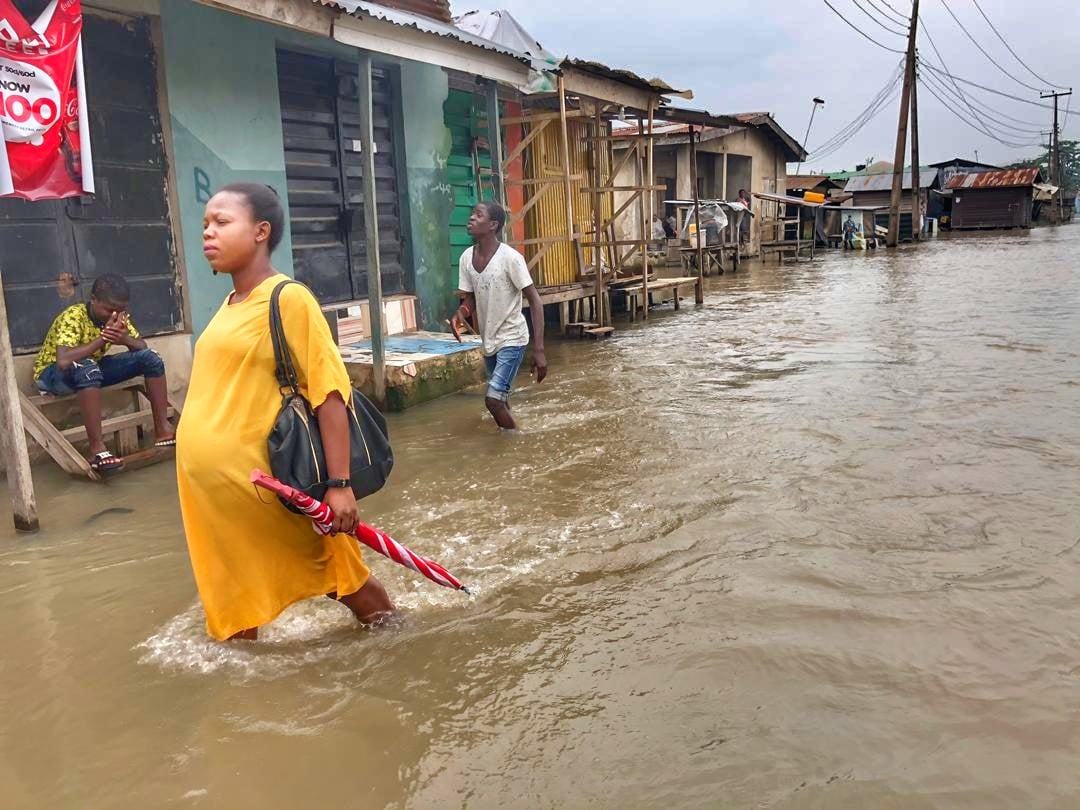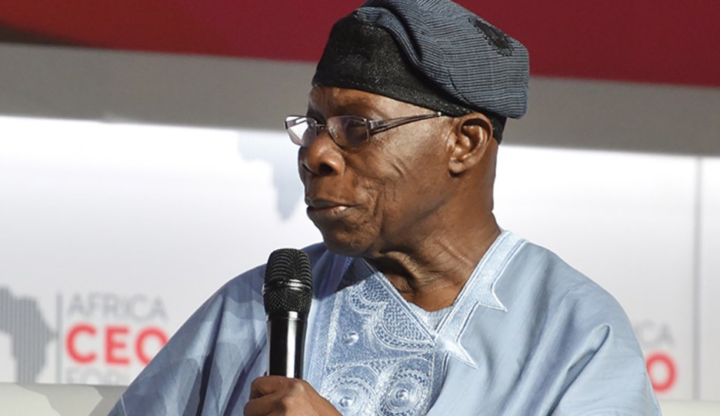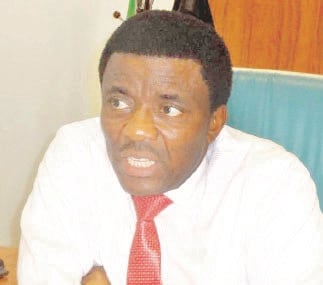Mohammad Abubakar, minister of environment, says women bear the heavier brunt on the impact of climate change on livelihoods.
Speaking when he featured on ‘Good Morning Nigeria’, a programme on the Nigerian Television Authority (NTA), on Wednesday, Abubakar said the current administration has policies that are geared towards improving the environment and fighting the impact of climate change.
He said one of such policies on gender and climate change is focused on women, because they are more affected by the impact of climate change.
He, however, noted that such policies need necessary legal backing for effective implementation.
Advertisement
“In particular, I would like to bring your attention to the number of policies, but again without a legal framework, it may be difficult to be able to carry out any form of projects or even programmes,” he said.
“We have already gotten seven policies that this administration has come up with — national policy on environment, solid waste management policy, plastic policy, national forest policy, revised national climate change policy, national biosafety policy, and national action plan on gender and climate change.
“Climate affects everybody, but from research, we have discovered that women bear more brunt because they are a significant part of livelihoods, whether it is forest, within the city, everywhere.”
Advertisement
Meanwhile, a climate change bill that is currently waiting to be passed into law is supposed to provide legal backing for climate projects and programmes.
This bill was earlier refused accent by the presidency in 2019, on the grounds that it replicates the function of the ministry of environment charged with mainstreaming climate responses and actions.
Speaking on the achievements within the six years of the current administration, Abubakar said environmental interventions and mitigation activities against climate change impact have taken the front burner.
He listed some of the interventions to include massive reforestation programmes that have increased the nation’s forests from three percent to seven percent; setting up recycling plants across the country, and clearing up typha grass from the wetlands.
Advertisement
On the Ogoni clean-up, he added that meaningful progress has been recorded.
“Before the coming of the president, the issue of Ogoni clean-up has been a story. Many governments have attempted but President Buhari is the only one that actually inaugurated the project and it is currently being worked on. Several sites have been cleaned up,” he said.
“About 21 sites now have been remediated. A number of them have been certified clean by the certification agency, NOSRA, while the remaining are at different stages of completion.”
Advertisement
Add a comment






